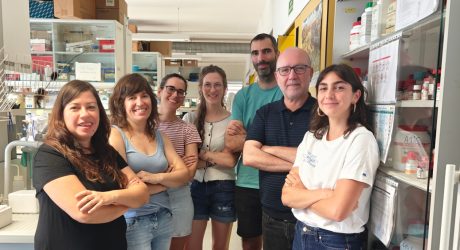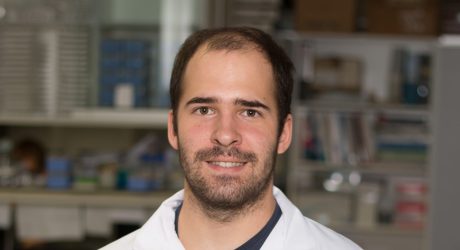An international study aims to change public health systems and include the intake of nuts in the protocols for the prevention of chronic and non-communicable diseases
- The research is led by the IISPV-URV and the University of Copenhagen.
- If this study observes that nuts are beneficial for the prevention of chronic diseases, health professionals could recommend their consumption as snacks or in the preparation of daily recipes.
The consumption of nuts to prevent diseases is attracting increasing interest in recent years. A study with more than a million participants from all over the world and led by the IISPV-URV and the University of Copenhagen will make it possible to deepen this line of research, with the aim of promoting change at a global level in the field of health public ensuring that dietary guidelines are designed based on these foods and that their recommendations form part of the public health or medical protocols that are followed to attend to patients and prevent diseases.
The research (started this February and will continue for 3 years) is funded by the International Nut & Dried Fruit Council and will analyze follow-up studies of people from different parts of the world (from almost every continent: Europe, America, Asia and Oceania), to observe the relationship between the frequency with which they consume nuts and their state of health, and thus determine whether these foods are associated with the appearance, over the years, of chronic non-communicable diseases, such as cardiovascular diseases, myocardial infarction, cerebrovascular accident, diabetes or so-called neurodegenerative diseases (such as dementia and Alzheimer’s). It will also assess whether those people who frequently consume tree nuts have a lower risk of mortality.
This study is innovative because, on the one hand, it is one of the few that is carried out on a global scale (so far research in this field has mostly been carried out in Europe and the United States of America), and because, on the other hand, will use a type of statistical tool called meta-analysis, which will allow analyzing and comparing data obtained in the study of 26 cohorts or groups of people from different parts of the world. “Previous studies carried out in several countries have used different techniques to analyze their data. Therefore, it is difficult to compare them and reach a conclusion, as well as to determine whether nuts are convenient or not for the prevention of diseases. In addition, what has been published so far comes mainly from studies carried out in Europe and the United States, so these data are not representative of what happens in other parts of the world. To be able to communicate worldwide dietary recommendations, it is necessary to analyze data from different parts of the world. This is exactly what is intended with this research. If it is observed that nuts are beneficial for the prevention of chronic diseases, given their versatility, health professionals could recommend their consumption as snacks or appetizers, or use them in the preparation of daily meals”, explains Dra. Marta Guash Ferré, who is responsible for leading the investigation, together with Dr. Jordi Salas Salvadó, head of the Food, Nutrition, Development and Mental Health Research Group (ANUT-DSM) of the IISPV-URV-CERCA and CIBERobn (Instituto Carlos III).
For his part, Dr. Jordi Salas states: “Although some studies have been carried out worldwide, it would be important to bring together the existing information from each of them to definitively understand what the scientific evidence tells us about the consumption of nuts in the context of disease prevention”.
The research team
This collaborative project (named Nut Consumption and Prevention of Non-communicable Diseases: A Global Individual Participant Data Meta-analysis (NUTPOOL) is led by Dr. Marta Guasch and Professor Jordi Salas, and includes researchers from Denmark and Spain: Postdoctoral researchers from the University of Copenhagen (UCPH) are part of the team. In Spain, the team of researchers includes Dr. Nancy Babio, associate professor of Nutrition and Dietetics of the Rovira i Virgili University (URV) and the senior postdoctoral researchers of the Human Nutrition Unit of the IISPV-URV-CIBERobn, Sangeetha Shyam and Jesús Francisco García-Gavilán.






